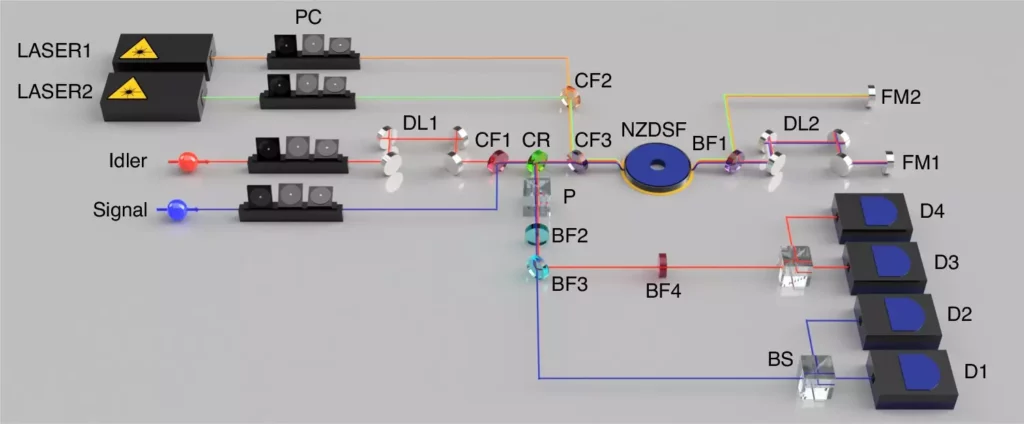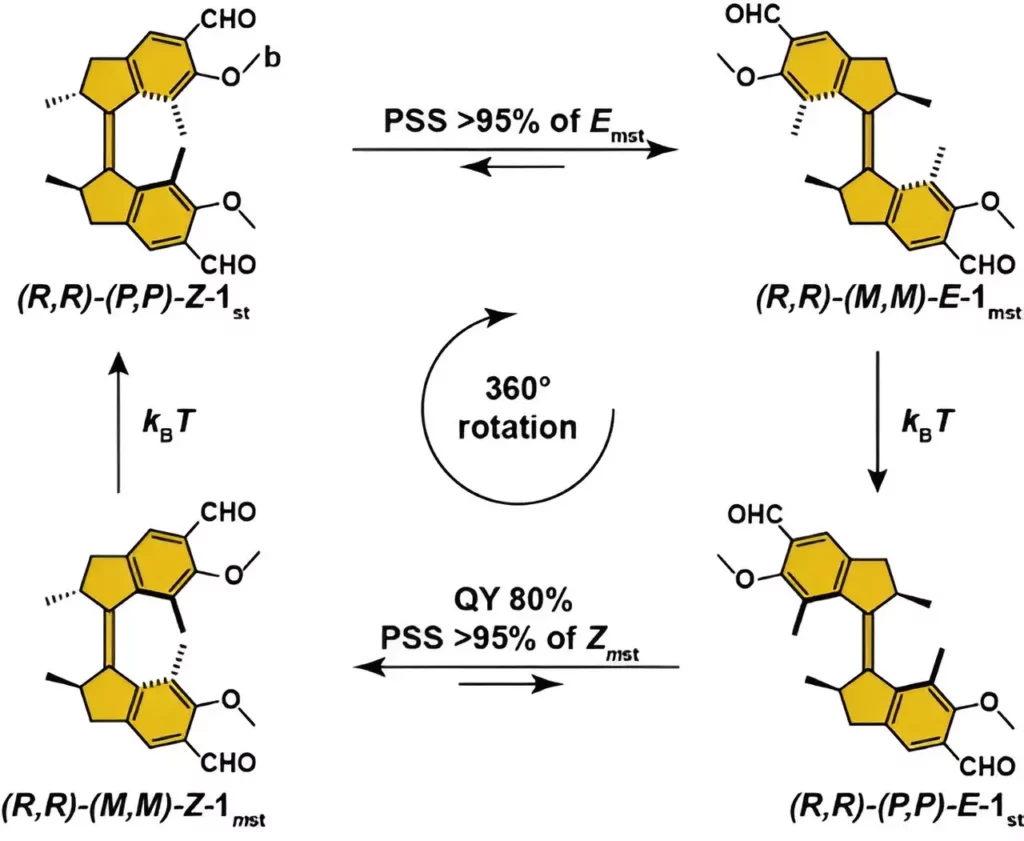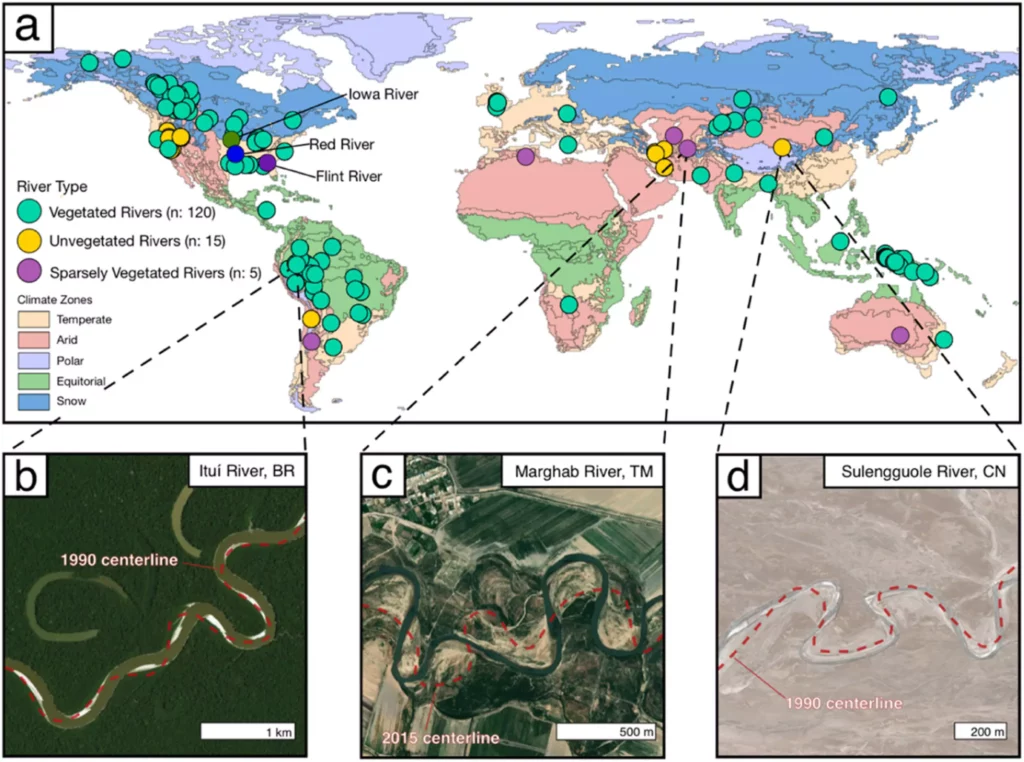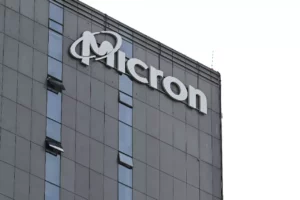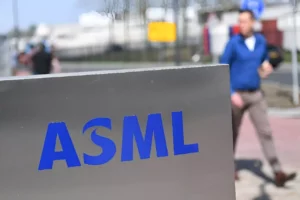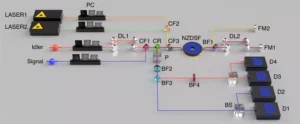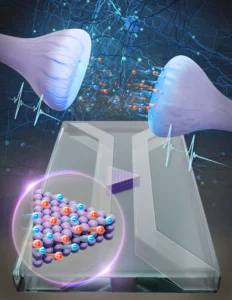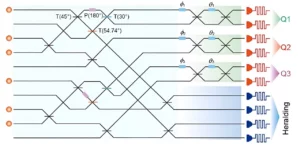The scientific community has recently witnessed a groundbreaking advancement in the field of quantum physics with the introduction of frequency-domain photon number-path entanglement. Unlike traditional spatial-domain entanglement, this innovative concept involves the manipulation of individual photons through a frequency beam splitter, resulting in the distribution of photons between two distinct frequencies. This novel approach, pioneered
The Nile River, spanning over 11 countries in East Africa, is a vital source of water, energy, environmental quality, and cultural wealth for the region. However, the utilization of Nile resources has led to longstanding tensions among the countries sharing the river, hindering opportunities for cooperation and mutual benefit. Researchers from The University of Manchester
Light-driven molecular motors have been a topic of interest for scientists for nearly 25 years. The initial development of these motors by Professor Ben Feringa led to a Nobel Prize in Chemistry in 2016. However, challenges arose when attempting to make these motors perform practical tasks. A recent paper published in Nature Chemistry outlined a
A man from Florida, aged 52, sought medical attention due to worsening migraines that had been plaguing him for the past four months. Upon further examination through a CT scan, doctors made a startling discovery – multiple cysts scattered throughout his brain. These cysts turned out to be larval cysts of the pork tapeworm, Taenia
Recently, Chinese tech giant ByteDance has adamantly stated that they have no intention of selling TikTok, despite a new US law that requires them to divest from the popular video platform. The US government imposed a nine-month deadline on ByteDance to sell TikTok due to national security concerns surrounding the app being used for espionage
In the vast expanse of space, solar sails have emerged as a promising technology for propelling spacecraft. Drawing inspiration from the sail ships of the past, solar sails utilize the power of sunlight to navigate through the cosmos. The concept of solar sailing dates back centuries, with Johannes Kepler proposing the idea of using sunlight
Meandering rivers play a crucial role in shaping our landscapes, carving valleys, creating floodplains, and transporting sediment across the globe. Recent research out of UC Santa Barbara sheds light on what drives the migration rates of these dynamic waterways. The study, led by doctoral student Evan Greenberg and senior author Vamsi Ganti, explores the interplay
The term “bookworm” may evoke thoughts of a passionate reader, but in reality, bookworms, microorganisms, and time all play a role in breaking down the flour-based glues commonly used in historic bookbinding. Recent research on the proteins found in wheat-based glues provides valuable insights into their adhesiveness and degradation, offering important information for book conservators
In a groundbreaking study published in the journal Proceedings of the National Academy of Sciences, theoretical physicists at Utrecht University in collaboration with experimental physicists at Sogang University in South Korea have achieved a significant milestone in the field of neuromorphic computing. By building an artificial synapse that operates with water and salt, they have
The field of quantum computing has long been dominated by the quest for faster and more efficient computational tools. Photonic quantum computers have emerged as promising alternatives due to their leverage of quantum physics and the use of photons as units of information processing. However, one of the major hurdles facing these computers is the
A recent medical case report has raised alarming concerns about the possibility of a deadly prion disease, known as chronic wasting disease, being transmitted from deer to humans. This disease, often referred to as “zombie deer” disease due to its similarities to mad cow disease, has resulted in the death of two hunters who consumed
The recent announcement by the White House regarding the granting of up to $6.1 billion to Micron for the construction of semiconductor plants in New York and Idaho is a significant move aimed at bolstering the US semiconductor industry. This funding is part of a larger effort by the US government to bring semiconductor production
In a tragic incident near Seattle, a Tesla operating on the company’s Autopilot system collided with a motorcyclist, resulting in the loss of life. The driver of the Tesla admitted to using Autopilot and being distracted by their cellphone at the time of the crash. This raises serious concerns about the effectiveness of Tesla’s Autopilot
The Hubble Space Telescope, a space observatory that has been in operation for over three decades, continues to provide groundbreaking discoveries in the field of astronomy. Recently, an international team of citizen scientists, in collaboration with astronomers from the European Space Agency (ESA) and utilizing machine learning algorithms, identified a new sample of over one
In recent years, there has been a significant advancement in solar technology with the development of transparent solar cells. These innovative cells have the potential to transform the look of infrastructure by making a variety of surfaces capable of generating solar power. One of the key materials contributing to this advancement are non-fullerene acceptors, which

